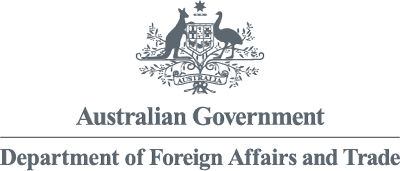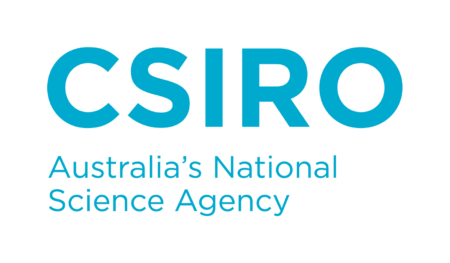2024 IPPIN Demo Day – Indonesia
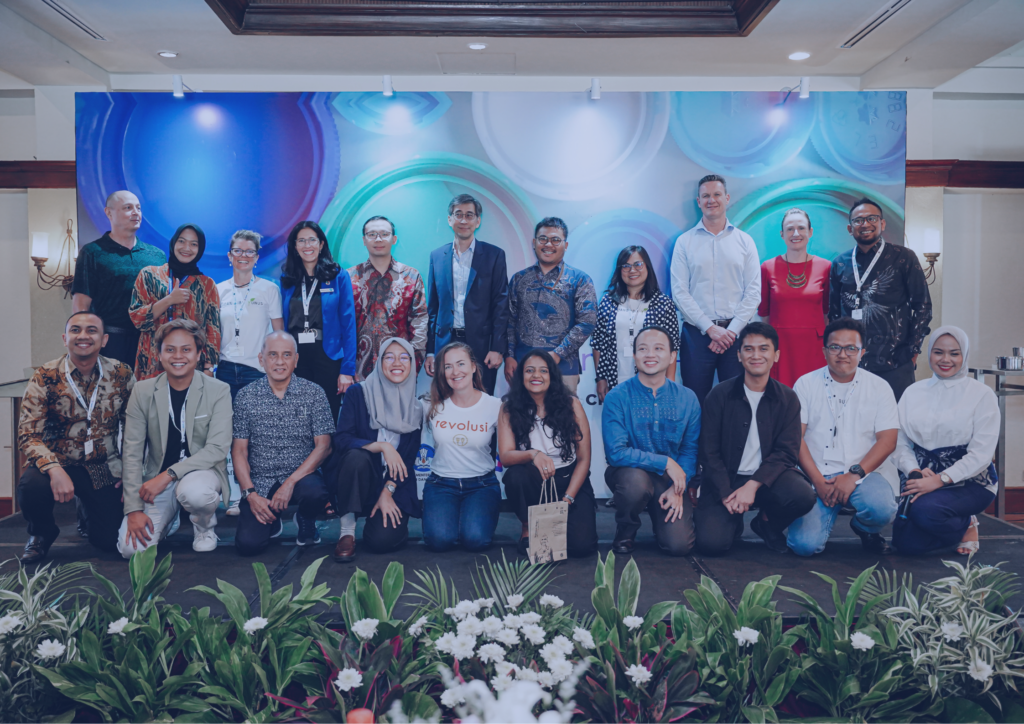
Innovators, government and industry gather at IPPIN Indonesia’s 2023 Demo Day.
This event has now ended.
Event details
When: 29 October, 2024
What: Demo Day is IPPIN’s flagship annual event where the region’s brightest entrepreneurs from the Indo-Pacific showcase their game-changing solutions to combat plastic waste. As the final challenge of the Accelerator+ program, these innovative start-ups will pitch their solutions to an audience of industry experts, investors, and potential partners, to scale their ideas on how we produce, use, and recycle plastics.
Time: Registration opens at 8:30am & program runs from 9:00am – 3.30pm
Location: Le Meridien Hotel, Jakarta
Agenda
| Time | Description |
|---|---|
| 8:30 am | Registration opens |
| 9:00 am | Opening Remarks |
| 10:00 am | Pitching presentations by the IPPIN Accelerator+ Teams |
| 12:00 pm | Networking Lunch |
| 1:00 pm | Industry Panel |
| 2:30 pm | Closing Remarks |
| 3:00 pm | Networking |
Explore the IPPIN Expo!
Throughout the Demo entrepreneurs will be showcasing their products, technology and innovations to audiences. Join the expo to engage with our innovators and meet IPPIN’s key partners in Indonesia.
Indonesia Accelerator+ cohort of 2024
Meet the innovators and entrepreneurs looking to redefine the plastic waste lifecycle across Indonesia. See below or download the 2024 Indonesia Cohort Booklet.
| Team | Description |
|---|---|
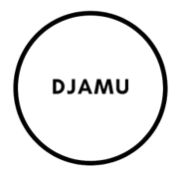 | DJAMU makes high grade upcycled yarn from waste bottle caps for furniture manufacturers, basket makers and crafters. Our yarn is a substitute for virgin plastic yarns. It is strong, lightweight, waterproof and colourful. Our business recipe benefits People and Planet. Our yarn is made by waste-picker and informal workers in Jakarta Indonesia. HDPE bottle caps are collected from the waste stream, sorted and processed by hand then converted to yarn using digital technology. Waste pickers are our social beneficiary – receiving meaningful work and improved income. 80 billion plastic bottle caps are made in Indonesia each year and there is currently no targeted recycling scheme for caps. Many of these escape into the environment polluting land, waterways and oceans. DJAMU’s circular solution intercepts caps and converts them to new high-quality materials. Connect with DJAMU |
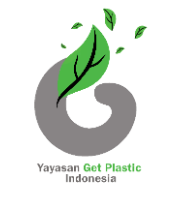 | Get Plastic is based in Bali Indonesia, focusing on research and development for pyrolysis technology. Since 2016 we have developed 15 design of pyrolysis machine and implement the project in 32 areas around Indonesia. The core of this innovative solution is the process of converting low value plastic into fuel. Our output is fuel, gas, and black carbon residue which all managed to be valuable product for community. We already implementing the project in coastal area aim to support blue economy by providing plastic waste fuel to fishermen. We collaborate with local communities to work and build waste management scheme. This solution aims to protect underwater species, distributing circular economy and also helping local community access alternative energy from plastic waste. Connect with Get Plastic Indonesia |
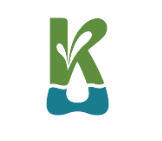 | Since 2010, Komodo Water has unwaveringly committed to providing clean water to rural and coastal communities. Expanding our mission, we now address plastic waste, fostering a cleaner future through innovative solutions. Collaborating with local waste pickers and environmental enthusiasts, we collect plastic waste from beaches, cafes, hotels, and public spaces in Labuan Bajo and Komodo National Park—all of which are part of the Komodo Biosphere Reserve Area. This joint effort helps maintain the beauty of these critical high biodiversity value areas while involving the community in environmental stewardship. We transform discarded plastic into unique, handcrafted products, reducing pollution and offering a fresh perspective on waste. Our initiatives support sustainable fishing and tourism by recycling plastic into valuable items like coasters, keychains, and interior materials. The initiative enhances local circular economies and supports the ‘Labuan Bajo Plastic 2035’ movement, engaging tourists and donors in our cause through meaningful, eco-friendly products. Connect with Komodo Water |
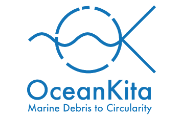 | Unifying the expertise of two startups specialising in maritime weather forecast and marine debris pollution, MeteOceanKita has developed an information platform with high-resolution mapping capabilities, integrating an application that can identify and catalogue plastic debris concentrations. By integrating real-time metocean data, the application can track and predict the movement of plastic patches. The platform clearly presented information allows anticipation and action. Using our services is crucial to deploy operational equipment at the right time and the right place to increase tenfold their efficiency. It is designed for decision makers from maritime authorities, public and private, and for those in the fishing and tourism sector who have had enough and now want to take action. With user-friendly interfaces, the application can also serve as a platform for community involvement, empowering local stakeholders to participate in the reporting and cleanup process. Connect with MeteOceanKita |
 | Monumen Antroposen transforms plastic residue into standardized bricks and tiles to combat climate change and promote a circular economy. The project collects plastic waste from waterways, roadsides, and households, processing it into durable building materials. This initiative addresses environmental pollution and creates jobs through a community-driven circular economy model. Connect with Monumen Antroposen |
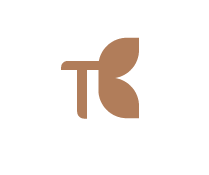 | Planet NetZero addresses plastic waste by permanently removing it from the waste stream through advanced sorting and processing technologies. They convert sorted plastic waste into high-performance construction additives, emphasizing sustainability with certified emission reduction methods and carbon and plastic credits. This approach looks at overcoming traditional recycling and disposal limitations and promoting sustainable construction practices. Their feasibility study in Bali, in collaboration with key environmental organizations, aims to implement these solutions effectively by September 2024. Connect with Planet NetZero |
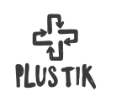 | Plustik tackles the problem of low-value, hard-to-recycle plastic waste by extracting it from landfills and converting it into commercial, non-single-use products. Based in the Galuga landfill in Bogor, Indonesia, they recycle up to 5 tons of plastic daily into items like award-winning pavement blocks and floor decking. This approach addresses the often-overlooked issue of non-bottle plastic waste, showcasing a scalable circular economy model adopted by cities like Bogor. Plustik’s unique value lies in using 100% mixed low-value plastics sourced by their team, creating practical, cost-effective products while significantly reducing landfill waste. Connet with Plustik |
 | Rehijau revolutionizes waste management by transforming traditional and informal waste banks, empowering local communities in establishing their own waste banks, by providing 3 core services such as: technical Assistance, financing, integrated waste management system. Rehijau purchases plastic collected by waste bank partners and then processes it into plastic flakes, pressed plastic waste and pellets, which are subsequently sold to plastic factories. This ensures Rehijau’s program and impact are sustainable long after the IPPIN Accelerator+ timeframe. The profits will be reinvested to increase the number of waste banks and expand into new regions. Connect with Rehijau |
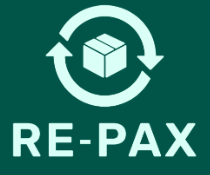 | Repax tackles the environmental impact of e-commerce logistics in Indonesia by offering a reusable packaging solution. They provide an infrastructure for third-party logistics, enabling customers to return and merchants to reuse packaging, thereby reducing single-use waste like plastic bags and cardboard boxes. Despite challenges in cost and performance, Repax aims to meet standards across the supply chain, ensuring sustainability and addressing the waste from over 11 million daily logistics shipments in the country. Connect with Repax |
 | SampApp is the first digital project raising awareness around the ongoing waste crisis in Indonesia at scale. Featuring content and games for users to test their knowledge and challenge their practices, SampApp is filling in the lack of official curriculum on waste management and aims to become everyone’s homework by the time EPR laws are fully implemented. We work with communities and CSR projects to trigger behaviour change in individuals through education – and finally work on a long-term solution. To encourage best practices and completion of courses, we occasionally partner with brands to deliver incentives such as gifts, vouchers or featuring on social media. Our team is spread across Indonesia with offices in Surabaya, directed by sustainability KOL @BuleSampah and co-founded with leading recycler RECO. Connect with SampApp |
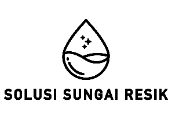 | Solusi Sungai Resik has invented a waste management system to effectively deal with plastic waste pollution in water, addressing the ocean’s plastic pollution problem. The trash barriers we install in rivers are more efficient than ocean cleanup activities. All the plastic collected is sorted at our sorting facility. Valuable plastics are sold to local waste banks, while non-valuable plastics are sent to cement factories to be used as an alternative fuel in place of coal. Additionally, Solusi Sungai Resik are innovating by developing mock-up products from non-valuable plastics, giving them economic value. Their operations are led by a young energetic woman assisted by 10 staff members who were hired from the local community. Currently, they have installed 5 trash barriers in Bandung, Indonesia, and have successfully collected 327,355 kgs of plastic waste from the rivers since 2023 Connect with Solusi Sungai Resik |
Event Highlights













